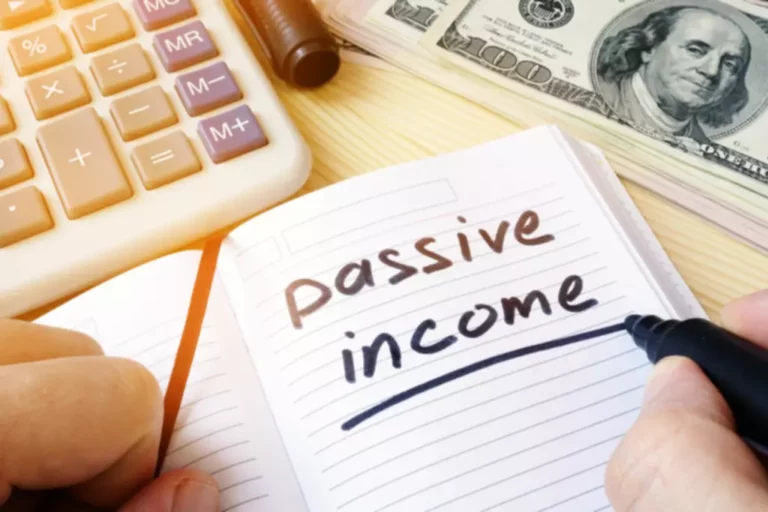Millions of people do, whether they were once compulsive users of opiates, alcohol, or gambling. There is enduring resolution of what once was problem behavior. Addiction is a chronic disease characterized by drug seeking and use that is compulsive, or difficult to control, despite harmful consequences. Learning how to overcome an addiction is important for anyone experiencing a substance use disorder (SUD), alcohol use disorder (AUD), or behavioral addiction.

Coping with Uncertainty Meditation
Fortunately, with consistent treatment and compassionate support, it’s possible – and common – for people to recover from addiction and get back on track with their health, relationships and goals. Because change is so difficult, it’s useful to have a guide when attempting to kick an addiction to drugs, alcohol or behavior. Research shows that the following steps can help you move toward your recovery goals. You have the greatest chance of success if you adopt all five steps. As people move along the recovery path, they not only gain new skills, they also begin to view themselves differently.
- When you’re confident in your ability to quickly de-stress, facing strong feelings isn’t as intimidating or overwhelming.
- By contrast, most adolescents relapsed in social settings when they were trying to enhance a positive emotional state.
- New meaning and purpose compose another active ingredient of recovery.
- Under all circumstances, recovery takes time because it is a process in which brain cells gradually recover the capacity to respond to natural sources of reward and restore control over the impulse to use.
- Having the ongoing support of loved ones and access to professionals can make all the difference.
Deadly overdoses stopped surging among L.A. County homeless people. Narcan could be why
In addition to doctors and psychologists, many clergy members, social workers, and counselors offer addiction treatment services. In general, the longer drug addiction recovery and more intense the drug use, the longer and more intense the treatment you’ll need. And in all cases, long-term follow-up care is crucial to recovery.
How to Help a Person Recovering From an Addiction
It’s also possible to filter results by therapists’ racial background and specialty, as well as by insurance carrier. Supporters for people struggling with addiction often wish they could do more to help, and it can be tempting to try. Allow the person to learn how to gracefully reject tempting offers by themselves. And let them develop the ability to speak about their problems with substance use without shame. Your role in their support circle is to help them if they slip, as well as giving them love and encouragement.
Find support for your addiction recovery
Peer recovery counseling helping RIers in addiction – The Providence Journal
Peer recovery counseling helping RIers in addiction.
Posted: Sat, 17 Feb 2024 08:00:00 GMT [source]
- Perhaps the hardest preparations to make concern social relationships.
- Common triggers include places you’ve done drugs, friends you’ve used with, and anything else that brings up memories of your drug use.
- Experiencing feelings of fear, worry and anger are understandable and normal for someone on the sidelines trying to support a loved one.




